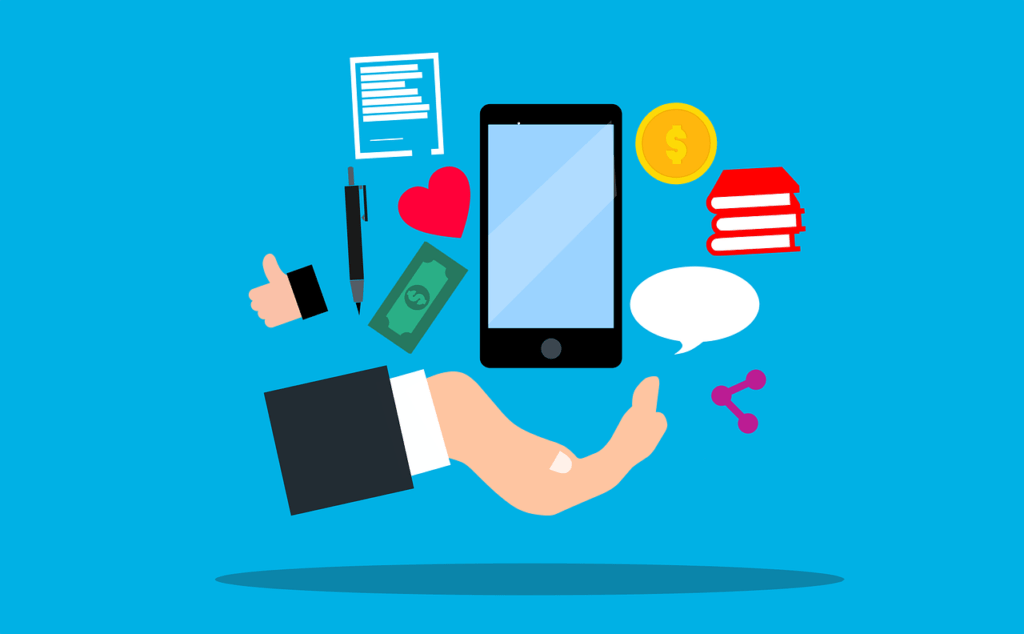Businesses may improve the customer experience, encourage brand loyalty, and promote business success by utilising data-driven insights and customising marketing initiatives to specific customers.
Personalisation has developed as a potent tactic to break through the noise and engage target audiences in the noisy world of digital marketing, where consumers are continuously inundated with messages and adverts. Personalisation entails adjusting marketing strategies to each customer’s particular needs, interests, and behaviour. This article will examine the use of personalisation in contemporary marketing and how it affects brand loyalty, consumer experience, and business success.
1. Understanding Personalisation in Marketing:
a. Definition:
Personalisation is the process of providing unique offers, experiences, and content to people based on their unique traits and behaviours. By addressing their unique needs and interests, it goes beyond generic marketing messages and strives to build real connections with clients.
b. Data-Driven Approach:
Data gathering and analysis are necessary for personalization in order to understand consumer behaviour, demographics, purchasing patterns, and preferences. The audience is then segmented using this data, and customised marketing strategies are developed.
2. Enhancing Customer Experience:
a. Relevant Content:
Marketing professionals can develop communications that are specifically tailored to their target audience by learning about their interests, difficulties, and preferences. This enhances the customer experience and raises brand engagement.
b. Improved Engagement and Interaction:
Personalised advertising encourages customer and corporate interaction. Marketing professionals can promote interactions like comments, shares, and reviews by creating content that is tailored to particular users. This degree of participation fosters a sense of belonging and improves the consumer-brand relationship.
c. Customised Offers and Recommendations:
Businesses can deliver personalised offers and recommendations based on the interests of customers and previous interactions thanks to personalization. Marketers can boost conversion rates and encourage recurring business by recommending goods or services that are in line with customers’ preferences.
3. Building Brand Loyalty:
a. Emotional Connection:
Customers and brands develop an emotional bond thanks to personalised marketing. Customers are more likely to acquire a sense of loyalty and affection for the brand when they hear messages that speak to their beliefs, wants, or aspirations. This psychological bond promotes customer loyalty and word-of-mouth recommendations.
b. Tailored Customer Journeys:
At each point of the customer journey, marketers may give pertinent messages and experiences to help customers make informed decisions and develop a sense of long-term loyalty.
c. Retention and Advocacy:
Marketers may improve customer loyalty, raise customer lifetime value, and incentivize customers to spread the word about their excellent experiences by consistently offering personalised experiences and incentives.
4. Driving Business Success:
a. Increased Conversion Rates:
Customers are more likely to become paying customers when they receive personalised offers or recommendations. Businesses can improve the effectiveness of their campaigns and boost conversion rates by focusing their marketing messaging on the unique requirements and interests of their target audiences.
b. Improved Customer Satisfaction:
Customers are more likely to have pleasant experiences and establish trust with a business when they feel valued and understood by it. Increased customer happiness, improved rates of client retention, as well as favourable evaluations and referrals are the results of this.
c. Competitive Advantage:
Businesses distinguish themselves from their rivals and stand out in the eyes of customers by providing personalised experiences that cater to their specific demands. Increased market share, consumer loyalty, and brand recognition may arise from this.
Personalisation has become a crucial component of modern marketing strategies. In an age where customers expect personalized interactions, businesses that embrace personalization are more likely to stand out, build meaningful connections with their target audience, and achieve long-term growth.

